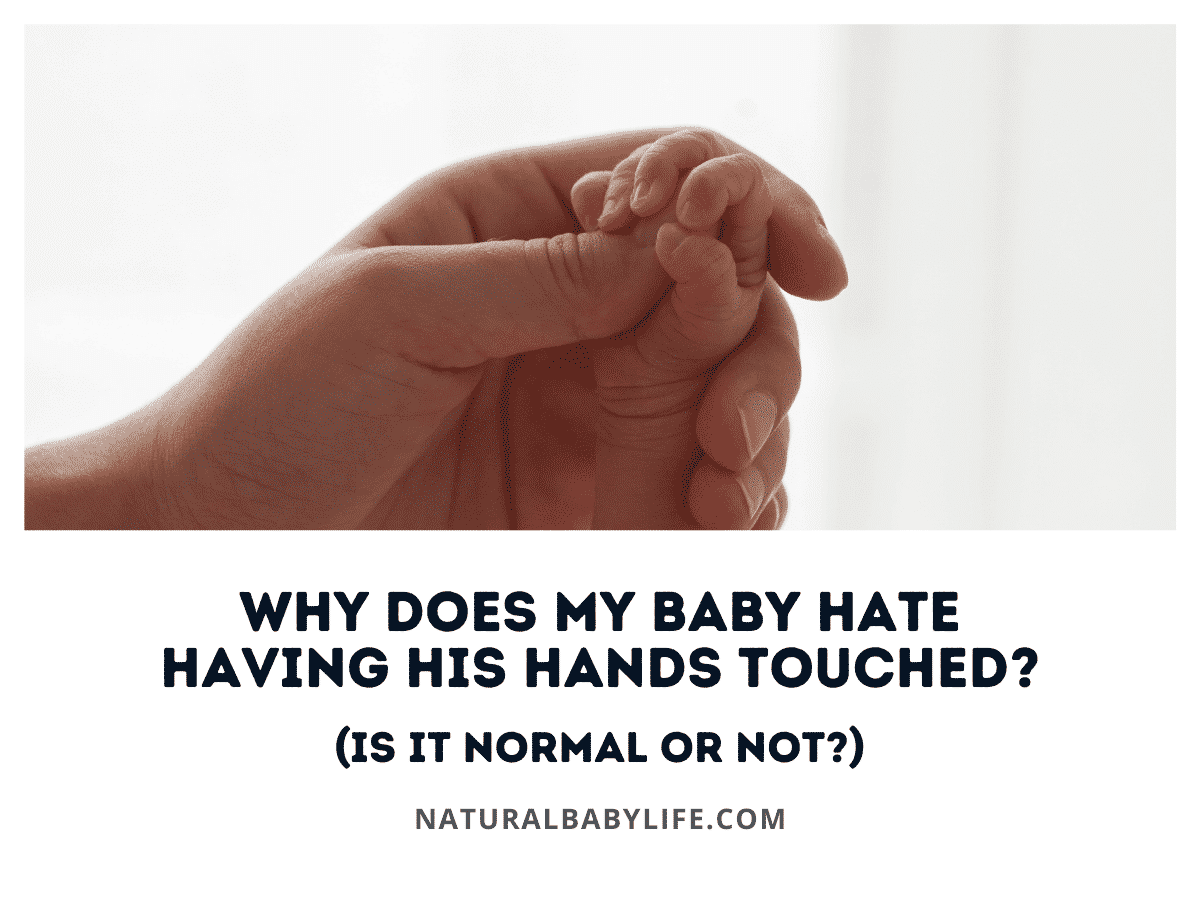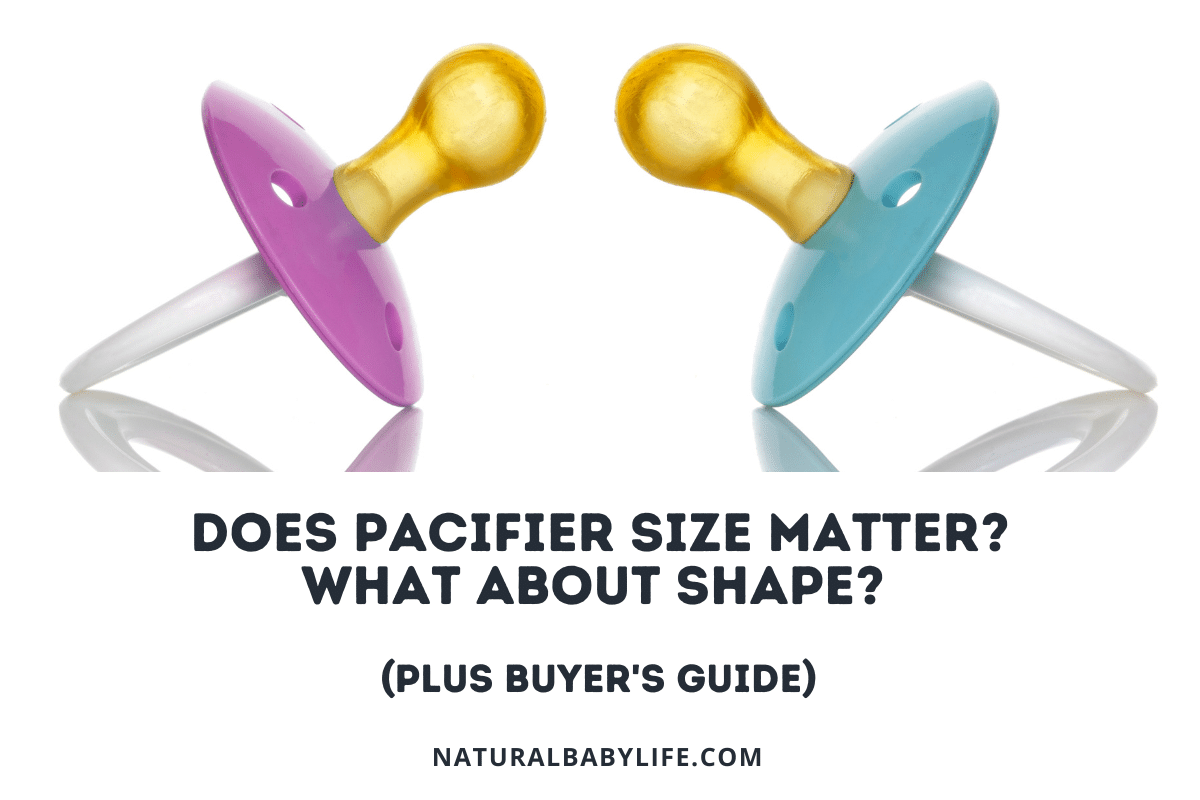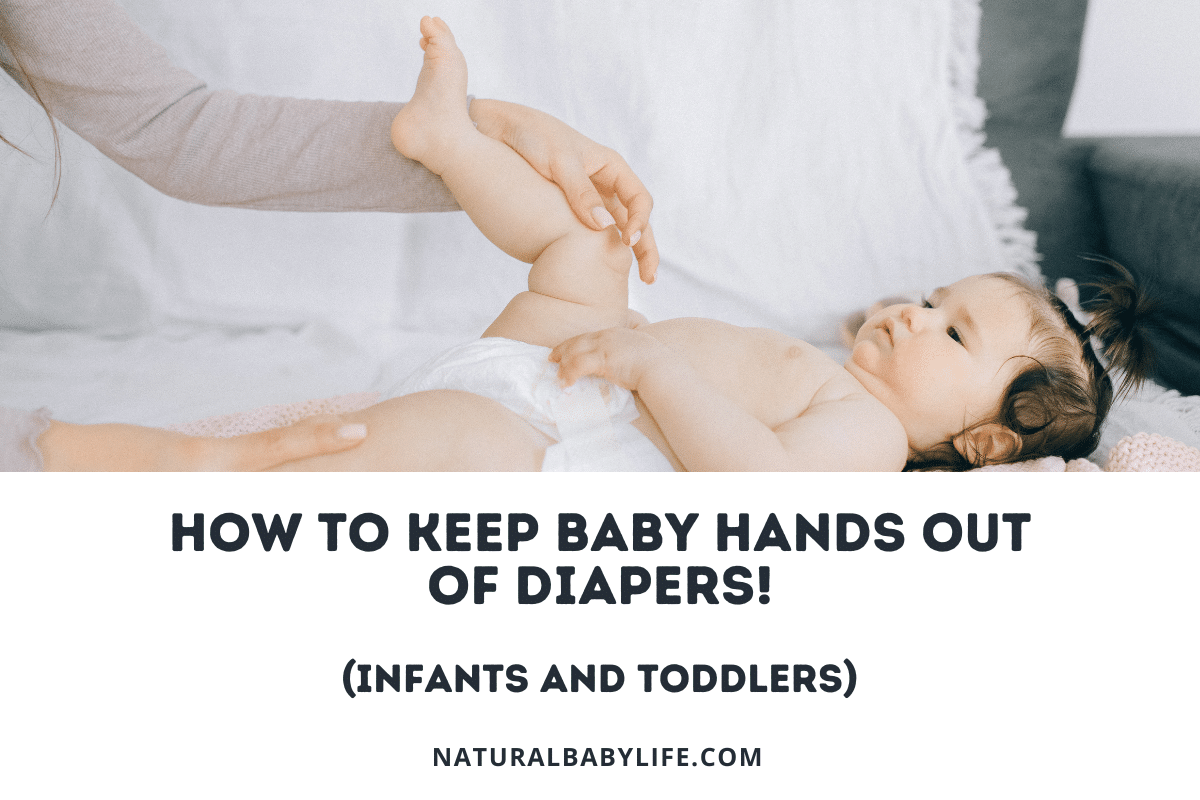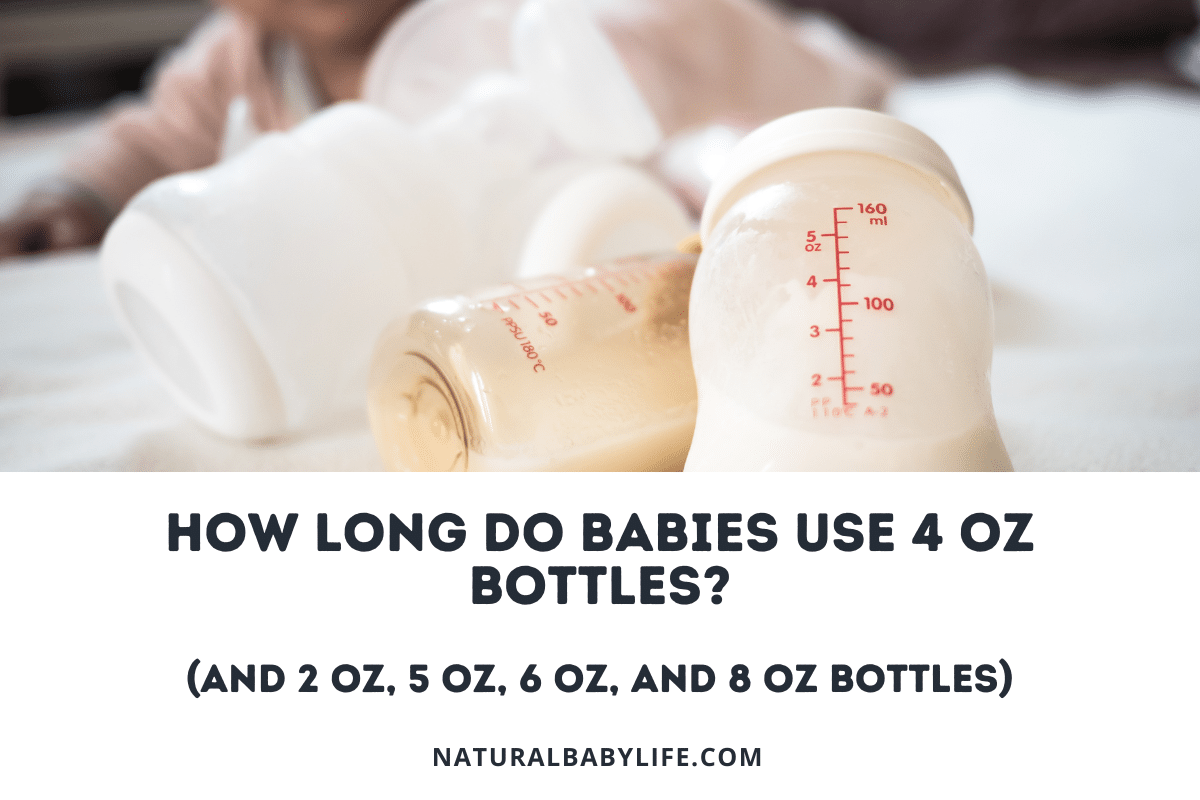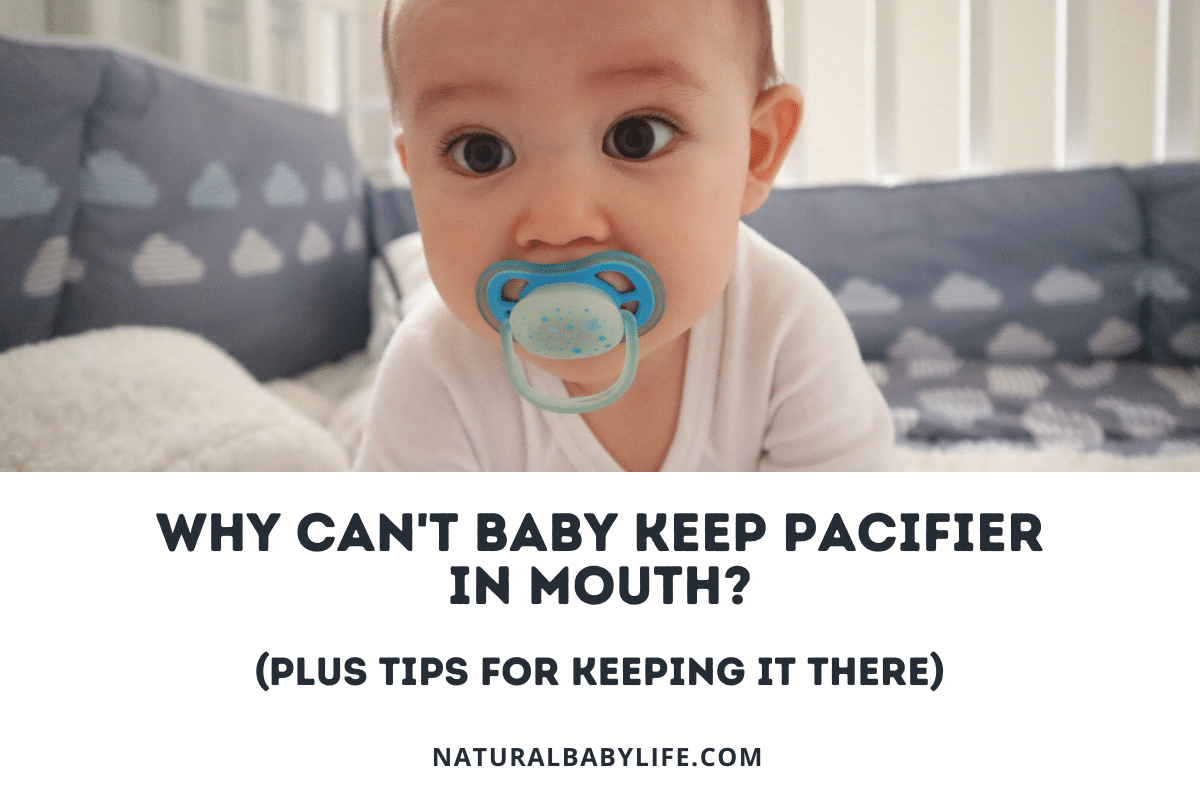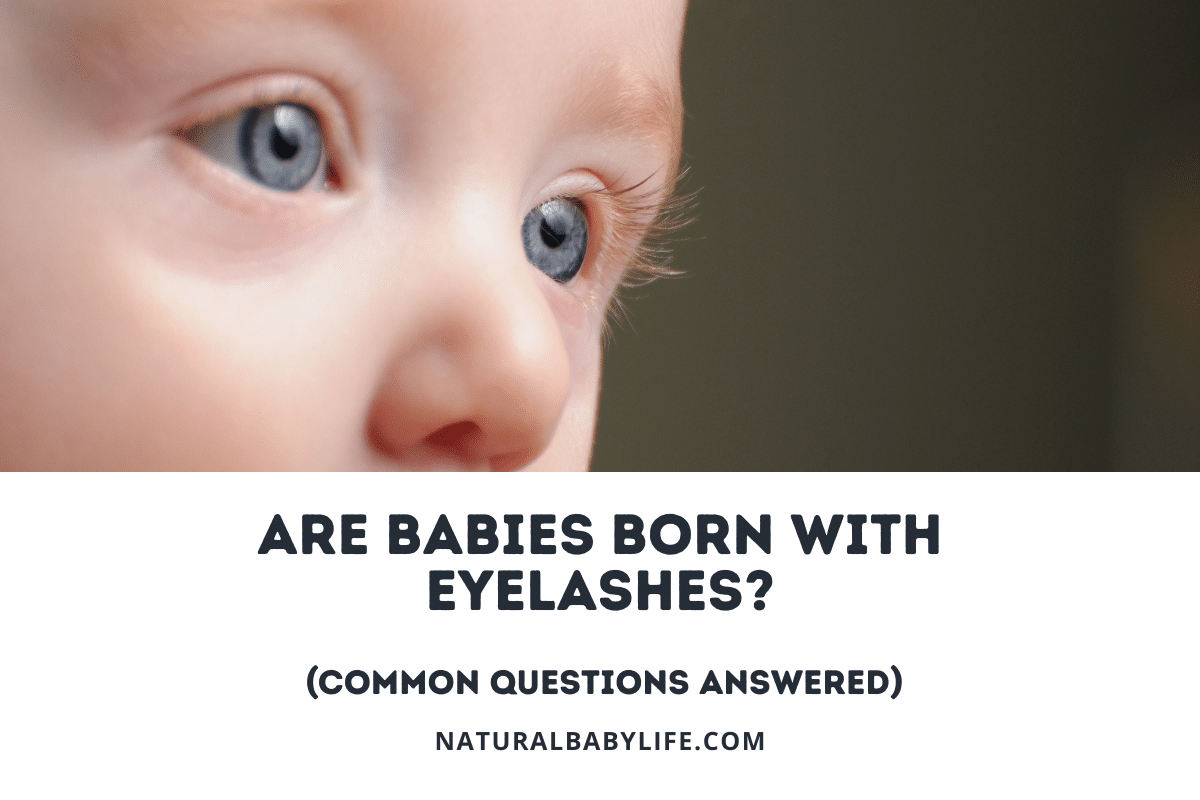Some babies (just like some adults!) aren’t exactly ‘touchy-feely.’ If your baby hates having his hands touched, it’s natural to feel concerned about your child’s development, but does it really mean there’s a problem?
Some babies are particularly sensitive, especially to touches on their hands or feet. Sensitivity to touch doesn’t always indicate a bigger problem and it can be caused by something as benign as extreme ticklishness. Although it’s less likely, extreme sensitivity can be an early clue that your child might fall somewhere on the autism spectrum.
Keep reading to learn when sensitivity to touch might indicate a problem, and when it’s probably nothing to worry about.
Table of Contents
Why doesn’t my baby doesn’t like having his hands touched?
You reach to play with your baby’s cute little fingers, but he pulls away every time. So of course, you turn to the internet to see if there’s a problem and read that touch sensitivity can be an early sign of autism.
While children on the autism spectrum often have a problem with touch, there are a few other things that can also cause your baby to pull away from you. It’s possible that your baby is already asserting his independence and prefers to be the one to initiate contact, he might be ticklish, or it could just be that you surprised him with your touch. It’s also possible that he’s simply overwhelmed in the moment and would welcome your touch at another time.
Whatever the reason that your baby doesn’t want you to touch his hands, it’s important to recognize that physical contact is important for his development, but also respect that there are times and ways that a baby may not like being touched so you may need to work to find the way that works for you.
He wants to initiate contact
You’ve probably already realized that your little baby has a personality that’s completely his own.
If your little one constantly pulls away from you when you try to touch his hands, he might just want a little bit more control over his environment. Try letting him initiate contact, and see if he’s more comfortable with that.
Babies aren’t always in the mood to play and cuddle, so let your little one tell you when he’s ready for physical touch.
He can’t see you clearly
If you’ve ever been touched when you weren’t expecting it, you probably realize why it’s important your baby can see that it’s you that’s initiating physical contact. Unexpected or unidentified touches can be scary!
If you want to make your baby more comfortable, make sure he has a clear line of sight when you reach to hold his hand. If he pulls away, don’t force the issue or try to grab his hand when he’s not looking.
Surprising your baby with physical contact will likely make him even jumpier.
He is overwhelmed
For babies, the world can be an overwhelming place. Everything they see, touch, taste, hear, and the smell is brand new. Some babies respond to this flood of information by trying to control their environment, even from a very young age.
If your baby is pulling away from your touch, he might simply be trying to limit the amount of stimulation reaching his brain. You can pull back and give him some space, and once he’s calmed down some, he’ll likely be more willing to hold hands with you.
In some cases, children have extreme difficulty regulating the incoming stimulus from their environment. This is called Sensory Processing Disorder (SPD), and although it is usually associated with autism, recent behavioral scientists have discovered that SPD is a stand-alone disorder. This means that children can have autism and not SPD, and vice versa.
He is ticklish
Fingertips and hands are chock-full of nerve endings, which is useful for things like fine motor skills; unfortunately, all those nerve endings can also make hands pretty ticklish.
If your baby is older than 4 months and jerks away when you try to touch his hand, he might just be a little ticklish (especially if he laughs while you do it!)
Although even newborns can feel that ‘tickle’ of you touching their hand, after about 4 months babies start to actually get ticklish.
Why is touch important to a baby’s development
There are innumerable studies linking physical touch to a baby’s growth and development.
Here are just a few of the benefits your baby gains through physical contact:
- Better sleep – Physical touch and cuddling help regulate a baby’s sleep patterns.
- More comfort – Physical touch helps infants feel safe, loved, and accepted. Increased comfort can also reduce fussiness, which benefits mom and dad as well!
- Increased weight gain – If your baby was born small or prematurely, physical touch can help them catch up to the weight gain of their larger peers.
- Improved brain function – Touch in infancy can shape brain development.
- Strengthened immune system – Snuggles and hugs can help keep your baby healthy.
- Physiological changes – Even small amounts of touch can help lower a baby’s heart rate and blood pressure.
- Reduced pain – Mom hugs really are magic! Physical touch can help reduce a child’s pain levels.
- Development of social skills – Touch is humanity’s ‘primary language of compassion.’ Babies who experience positive physical touch in their infancy grow up to be more socially capable and resilient than children who are deprived of a physical connection.
Getting baby used to touch
Physical touch is part of being human.
Even children who aren’t fond of physical touch can benefit from certain types of contact, it just may take a little bit of extra work to get them to enjoy it.
Some ways to help get your baby used to physical touch include introducing your baby to interesting materials and textures instead of always trying skin-on-skin contact, letting your baby reach out and touch you first, touching less sensitive areas (ie back or arms instead of hands or feet), or incorporating touch into a game like pattycake.
Test out different materials/textures
Even if your little one isn’t sold on the idea of you touching them, you can ease them into the world of touch by introducing new materials and textures.
There are several good baby toys that have different swatches of fabric included for your baby to explore. You can also take your baby around the house and let them touch different items: the smooth wall, a bumpy orange, a soft blanket, etc.
Let your baby initiate contact
Make sure your baby is in control of the physical contact he receives. When he does reach for you and wants to cuddle, make the time for him.
The more he associates your cuddle and play sessions with comfort and joy, the more willing he’ll be to engage in more physical touch later.
Try some baby massage
Babies are generally more comfortable with touches on their backs or tummies rather than their hands or feet.
Try giving your baby a massage with some lotion, especially after bathtime or before bed when he’s sleepy and calm. As he becomes acclimated to the massage, you can slowly try massaging his shoulders, then his arms, and finally his hands and fingers.
Turn it into a game
If your child is playing, he’s more likely to tolerate touch. Games such as ‘pattycake’ can help your little one associate physical touch with happiness and excitement.
You can also encourage your baby to clap, high-five, or play ‘drums’ on different objects in the house.
When is it not normal?
Even though all babies will go through periods when they don’t like to be touched, if their discomfort is chronic or seems to cause them extreme distress, it might be a sign of a bigger problem such as autism or Sensory Processing Disorder.
If your child exhibits these signs, his aversion to touch is pretty normal:
- Only hates having his hands touched but loves other types of touch, like cuddles
- Is usually fine with being touched but gets upset once or twice
- Pulls his hand away from touch but doesn’t cry or yell
If your child exhibits these signs, your baby might be on the autistic spectrum or have a sensory processing disorder:
- Screams, yells, or cries when you touch them
- Hates any type of physical touch, including getting dressed, bath times, or hair brushing
- Exhibits other sensitivities to noises or lights
Autism
Autism is a developmental disability that usually appears before a child turns three.
Autism is common, affecting 1 in 54 children in the U.S. alone. Diagnosis can sometimes be made in children 18 months or younger, but most cases are diagnosed around the age of two.
Early signs of autism include:
- Avoiding eye contact
- Difficulty communicating
- Repetitive and obsessive behaviors
- Sensitivity to smells, sounds, lights, textures, or touch
- Failure to meet early growth and development milestones
If your baby doesn’t crawl or say single words by 12 months and also avoids touch, it might be a good idea to go in for an autism screening.
Sensory Processing Disorder
Sensory Processing Disorder (SPD) occurs when the brain has difficulty responding to sensory information (sights, sounds, touches, tastes, etc). Those with SPD are either over-responsive to stimuli or under-responsive, and the disorder will exhibit differently for each case.
If your baby hates physical touch, they’re likely over-responsive.
Some of the primary signs for SPD include:
- Dislike of clothing (tags or itchy fabrics especially)
- “Fight or flight” response to touch
- Dislike of messy activities
- Hatred of crowds
- Picky eating habits
- Issues with food temperature (only takes bottles at a specific temperature)
- Very ticklish
- Anxious on windy days
Parents might notice some signs of SPD very early in their children, although a therapist would only diagnose a child with SPD when symptoms become severe enough to disrupt everyday life.
Treatment for SPD is called sensory integration, and it helps a child respond to stimulation in a fun and playful way. Communication and safe exploration are emphasized, and parents are usually closely involved in the progress of their child.
If you believe your child might have SPD, you should discuss your thoughts with your child’s pediatrician. They can help you identify any abnormalities in your little one’s behavior, and recommend treatment options.

